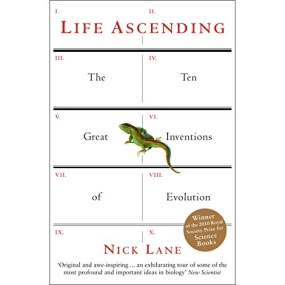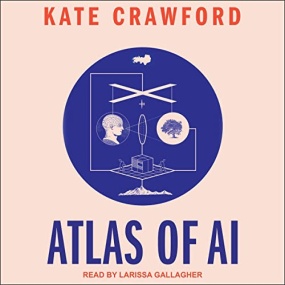
海洋是心灵(mind)的起源地,或者说,心灵最早期的模糊形式是在海洋中形成的。痴迷潜水的心灵哲学(Philosophy of Mind)研究者彼得·戈弗雷-史密斯,关注从演化角度探索意识是如何从生物体的身体基础上产生的、动物是如何演化出主观经验的,也就是动物身为这种动物的特别感受。当这位全身包裹着橡胶的哺乳动物代表和一只同样对他充满好奇的头足纲动物在海中相遇,物质和心灵既在物理层面互相牵引,也为身心关系的研究带来了不同于人类的、他者意义上的全新认识。
在大约6亿年前,哺乳动物与头足纲动物走上了各自的演化之路。头足纲动物从只能吸附着平移,到像齐柏林飞艇一样自由地游向高处,然后到彻底抛弃外壳、再无固定形状——在身体形状不断变化的过程中,它们的感官、行为和心灵也在输入和输出的反馈中演化出了不同于其他动物的特征:它们的大部分神经系统不在大脑,而是遍布全身;它们用触腕卷上你的时候,并不是在触摸你,而是在感觉你是否能吃;关于章鱼的高智力趣闻传得神乎其神,可是它们的寿命又令人费解的短暂……如何去理解这些接近外星智能生命的动物的心灵?这本既关于哲学也关于动物演化的小书或许能够带来启发。
Although mammals and birds are widely regarded as the smartest creatures on earth, it has lately become clear that a very distant branch of the tree of life has also sprouted higher intelligence: the cephalopods, consisting of the squid, the cuttlefish, and above all the octopus. In captivity, octopuses have been known to identify individual human keepers, raid neighboring tanks for food, turn off lightbulbs by spouting jets of water, plug drains, and make daring escapes. How is it that a creature with such gifts evolved through an evolutionary lineage so radically distant from our own? What does it mean that evolution built minds not once but at least twice? The octopus is the closest we will come to meeting an intelligent alien. What can we learn from the encounter?
In Other Minds, Peter Godfrey-Smith, a distinguished philosopher of science and a skilled scuba diver, tells a bold new story of how subjective experience crept into being—how nature became aware of itself. As Godfrey-Smith stresses, it is a story that largely occurs in the ocean, where animals first appeared. Tracking the mind’s fitful development, Godfrey-Smith shows how unruly clumps of seaborne cells began living together and became capable of sensing, acting, and signaling. As these primitive organisms became more entangled with others, they grew more complicated. The first nervous systems evolved, probably in ancient relatives of jellyfish; later on, the cephalopods, which began as inconspicuous mollusks, abandoned their shells and rose above the ocean floor, searching for prey and acquiring the greater intelligence needed to do so. Taking an independent route, mammals and birds later began their own evolutionary journeys.
But what kind of intelligence do cephalopods possess? Drawing on the latest scientific research and his own scuba-diving adventures, Godfrey-Smith probes the many mysteries that surround the lineage. How did the octopus, a solitary creature with little social life, become so smart? What is it like to have eight tentacles that are so packed with neurons that they virtually “think for themselves”? What happens when some octopuses abandon their hermit-like ways and congregate, as they do in a unique location off the coast of Australia?
By tracing the question of inner life back to its roots and comparing human beings with our most remarkable animal relatives, Godfrey-Smith casts crucial new light on the octopus mind—and on our own.
文本下载

下载信息已被隐藏,请在下方输入 验证码 查看隐藏内容
关注微信公众号,回复“验证码”,获取验证码。 在微信里搜索“力哥爱阅读”或扫码关注。
⚠️ 取关用户无法收到验证码或任何消息,无需再次关注 ⚠️






